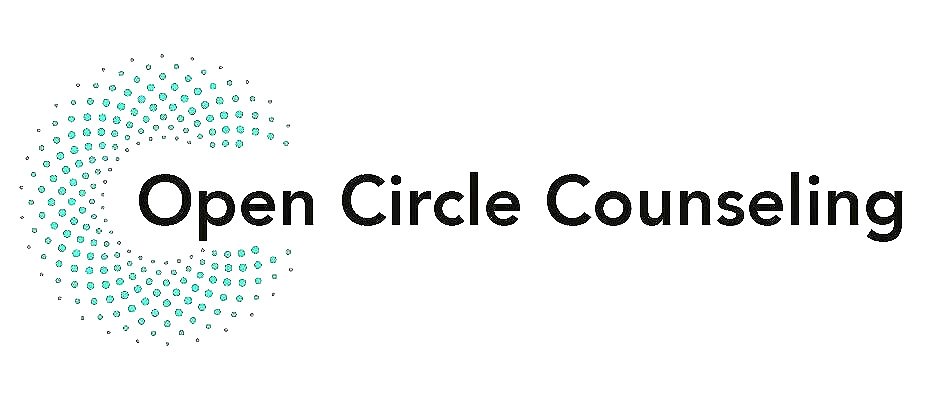This time of year can shake up our usual routines and can be more challenging than other times of year. For some, it’s a really ‘bad’ season. For others, it’s pretty bad and a little good—for some about even on the bad and good, and for others, more good than bad.
If you are in any way activated, unbalanced or dysregulated during the holiday season, this post may help you navigate your challenges with more ease. Disclaimer: I do come from a Christmas background, lightly sprinkled with Christianity and Tolstoy from my formative years. My default communication-of-ideas can’t help but be somewhat based in past experiences and current observations within my framework as a therapist. And yet, perhaps some of these themes and tips may transcend culture and identity—being helpful for those who struggle during these months. Consider:
What are your expectations during this season? What you want to get from the holidays? Are these expectations realistic, do they involve how you want other people to behave? What if you didn’t have expectations (easier said than done)?
After a challenging experience (going to a gathering, party, being alone) when things didn’t work out as your hoped (or expected), think about the experience as a partial success rather than a complete failure. This can make it easier to see what you can learn from it, maintaining feeling rational (rather than emotionally dysregulated).
This time of year is temporary—there is an end date to the celebrations, the rituals, the family dynamics, the buying and spending, the indulging…
Practice good old health habits. Rest, sleep, drink water, eat some balanced meals, move your body, avoid the over-indulging, track how substances impact your mind, body and spirit. Talk to a person who helps you feel regulated, more calm.
Notice your early warning signals that your emotions are getting bigger. Emotions can get amplified this time of year—sadness, worry, isolation, loneliness, memories of painful holiday experiences. How can you self-soothe? This may be going inward— taking time on your own to go for a walk, listen to music, journal, breathe. Or it could be helpful to engage outward, have a simple positive interaction with a stranger or neighbor, go to a class, be with others without engaging—going to the library, the grocery store, a craft fair. Acknowledging that you are having an emotion is also key. Once an emotion starts, it needs to run its course. Oftentimes our thinking blocks or intesifies an emotion, leading to an emotion getting stuck, which then leads to some mental messes.
Old dynamics can take front and center—if you suspect or know you will be around a person, group or place that is triggering, or that can regress you to acting in a way that feels younger, Ask yourself— how can I minimize my vulnerabilities before engaging with the person, place or thing? What needs to be accomplished, what really matters, what are your priorities? Planning ahead will also minimize last minute stress. Can you plan ahead, creating a concrete strategy that involves setting boundaries (leaving early, vowing to not ‘take the bait’, excusing yourself to the bathroom, etc…)
Consider reflecting on all the positive things in your life, how far you’ve come in a year, what is going well. Be intentional with this, turning away from ruminating about what is wrong or hard.
Create your own traditions, memories, legacy and/or ritual. What do you want from these months? Connect with what feels good, energizing, empowering.
